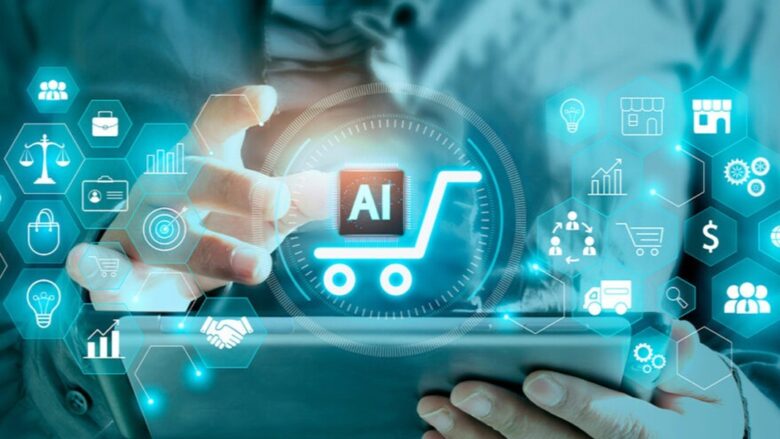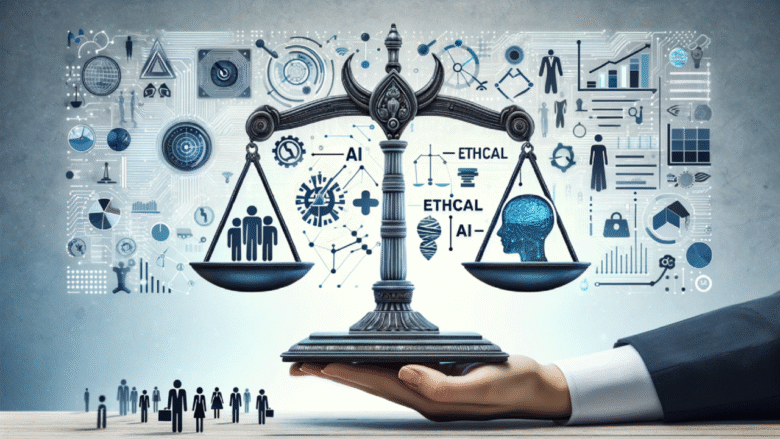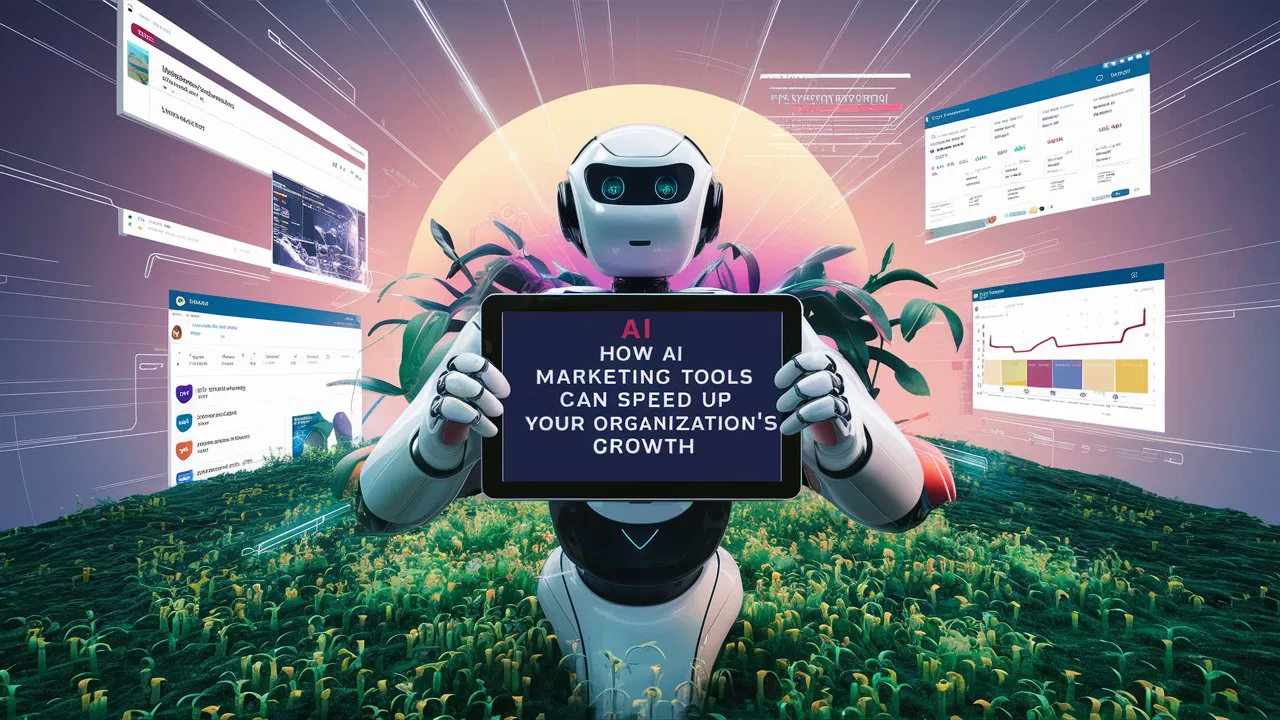AI-powered marketing enables marketers to scale personalized strategies and optimize campaigns for maximum impact. Adopting AI requires taking seven essential steps. These seven AI marketing strategies include personalization, automation of responses on social media platforms, content production and curation, customer service, data-driven decision making and more. 1. AI-Powered Automation AI-powered automation handles repetitive tasks so …
AI can help marketers work more efficiently and gain a deeper understanding of their audience, leading to hyper-personalization at scale that drives increased sales and customer engagement. AI can also automate repetitive marketing tasks, freeing marketing teams to focus on more creative work. This process automation reduces human error and saves time. 1. Artificial Intelligence …
Businesses can promote AI accountability by using data provenance tools to document its source, history and transformation before being fed into AI systems. This transparency helps organizations combat biases to produce fair results in business use cases. The ethical guidelines of seven organizations studied highlighted customers and users as key stakeholders who should receive explanations …
AI systems handling personal data face various privacy risks, such as model drift and bias. These threats could result in breaches to privacy as well as legal liabilities for violations. Data originally gathered for one purpose can often be repurposed to train newer models. Fitness tracking app Strava used user GPS data to generate a …
AI is revolutionizing businesses and opening up new possibilities, but it also raises significant privacy risks. From intrusive surveillance to discrimination, privacy issues associated with AI could threaten trust between parties involved and worsen power imbalances between groups. Privacy issues present complex legal and ethical challenges for businesses to navigate carefully. To meet them, firms …
Responsible innovation occurs when innovators prioritize speed and profit over safety and ethics. Think of the hoverboard that caught fire or the pesticide that killed birds while altering ecosystems – both examples of irresponsible innovation. Businesses that prioritize responsible innovation are building trust with both consumers and investors while also attracting top talent who seek …
The Growing Role of AI and Data Artificial Intelligence has transformed the way organizations process, analyze, and utilize data. From healthcare to marketing, AI-driven systems rely heavily on large datasets, including personal and sensitive information. This dependency has brought data privacy to the forefront of public and regulatory concern. Striking the Balance Between Innovation and …
Personalizing at scale requires a dedication to customer centricity – this involves making every customer feel understood and valued. AI can assist brands in creating personalized customer experiences that drive loyalty and revenue growth, as well as provide insightful data into customer behavior that informs business decision-making processes. AI-powered chatbots and virtual assistants AI in …
AI marketing can be an invaluable asset for optimizing campaigns and increasing ROI, but to do this effectively requires taking an organized approach. Set clear objectives, select appropriate models, and closely monitor campaigns to ensure success – this way AI will unleash its full potential and help increase marketing campaign ROI. AI-powered tools use vast …
AI tools help boost productivity by automating various tasks and processes, as well as providing marketers with insights to enhance their digital marketing strategies. Consumer experiences provided by these providers are customized based on consumer behavior and preferences, leading to greater customer engagement and stronger brand loyalty. Grammarly Grammarly is a popular editing tool used …










